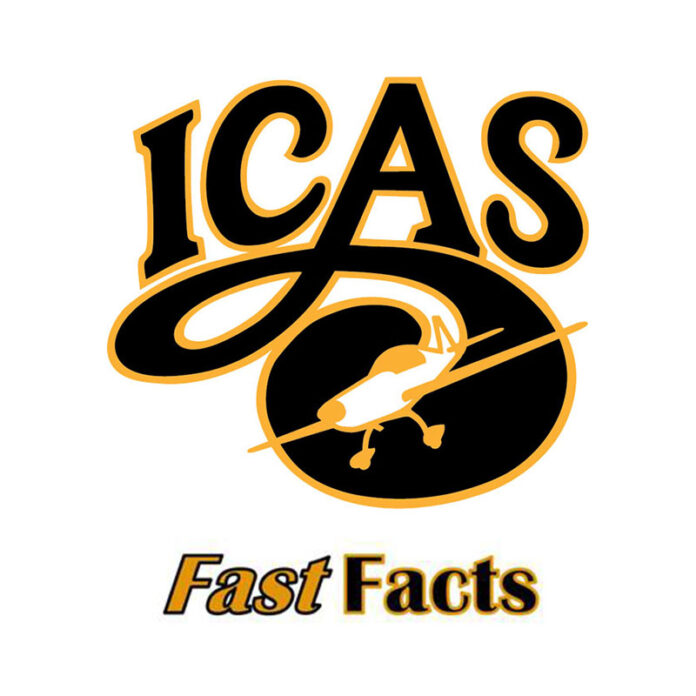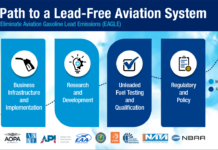As the details of the $2.2 trillion CARE Act come into sharper focus, it’s clear that there are basically two pots of money…one for individuals and one for businesses.
INDIVIDUALS
Most Americans will receive an “Economic Impact Payment” from the U.S. government in the next several weeks. To qualify for the full payment, individuals must have an adjusted gross income of $75,000 or less and a couple filing jointly must have an adjusted gross income of $150,000 or less. Those payments are $1,200 per individual, $2,400 per married couple and $500 per dependent child. For people/couples making more than $75,000/$150,000, the payments will be adjusted down in $5 increments. If an individual makes more than $99,000 or a couple makes more than $198,000, they will receive no Economic Impact Payment at all. The first Economic Impact Payments are scheduled to be sent within the next few days and will go first to those who have submitted their tax returns to the IRS via the internet.
Federal help for individuals will also take the form of changes to unemployment insurance. It will vary from state to state, but – generally – somebody who is fired or laid off from his/her job will be able to collect unemployment benefits. Because of the COVID pandemic, the dollar limits for those benefits are higher and the number of successive weeks an out of work individual may apply for benefits has also been extended. The changes to unemployment insurance will also allow an employee to file for payments if he/she is unable to go to work because his/her employer temporarily shut down for COVID-19 reasons or he/she is required to stay in quarantine for a COVID-19-related issue. Unfortunately, sole proprietors are not eligible to file for unemployment in most states.
BUSINESSES
The CARE Act has several programs to help provide financial relief to different kinds of businesses. Some of the largest programs are government-guaranteed loans that are specific to large industries (airline, hotels, etc.). But a number of programs are being administered by the Small Business Administration (SBA).
Of those SBA programs, the Paycheck Protection Program (PPP) has received the most press. It is a pool of $349 billion that will be distributed as loans that are forgiven if the recipient of the funds abides by the terms of the program…principally that the employees covered by the loan/grant are not laid off or fired during the ten weeks covered by the loan. These loans/grants are presently available only to businesses with employees, including 501(c)(3) non-profit organizations. In addition to helping small businesses meet payroll obligations, these grants/loans can be used for group health insurance, sick and family leave, mortgage interest, rent, utilities and debt interest. Recent media reports suggest that the number of applications submitted for PPP loans/grants has greatly exceeded the SBA’s ability to keep pace and that the $349 billion set aside for this program will be quickly exhausted. As recently as late this week, Republicans and Democrats in the House and Senate have been disagreeing about how and when to expand the money added to the PPP. This PPP information page on the SBA website specifically states that sole proprietors, independent contractors and self-employed persons are eligible to apply for these loans/grants, but the application for that segment of prospective applicants is not expected to be available until April 10. If you plan to apply for one of these loans as a sole proprietor, independent contractor or self-employed person, ICAS suggests that you contact the bank with which you do business as soon as possible.
SBA is also offering low-interest Economic Injury Disaster Loans (EIDL) to businesses and nonprofits impacted by COVID-19, including a $10,000 advance that does not have to be repaid. These loans/grants are available to small businesses with less than 500 employees, including sole proprietorships, independent contracts, self-employed persons and private non-profit organizations.
The ongoing economic stimulus program in the United States will likely receive additional funding and potentially new programs. For now, however, these appear to be those parts of the CARE Act that could/will impact ICAS members.








